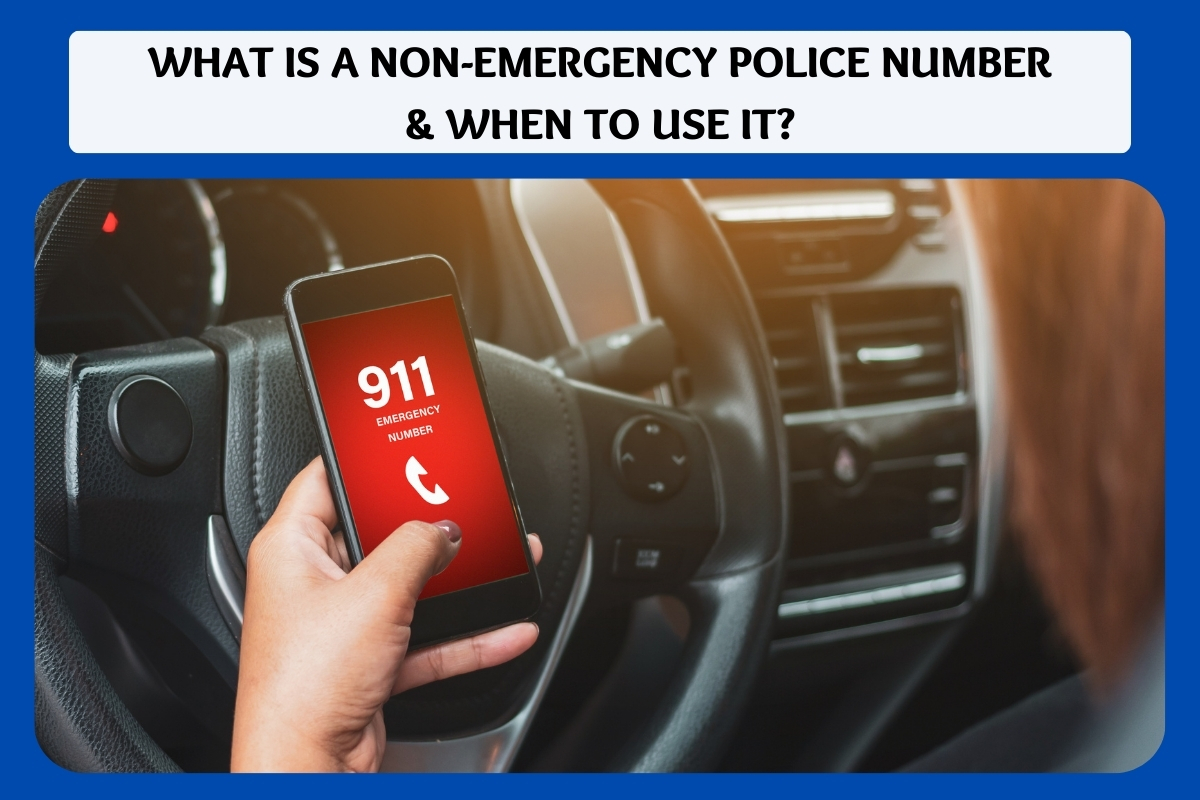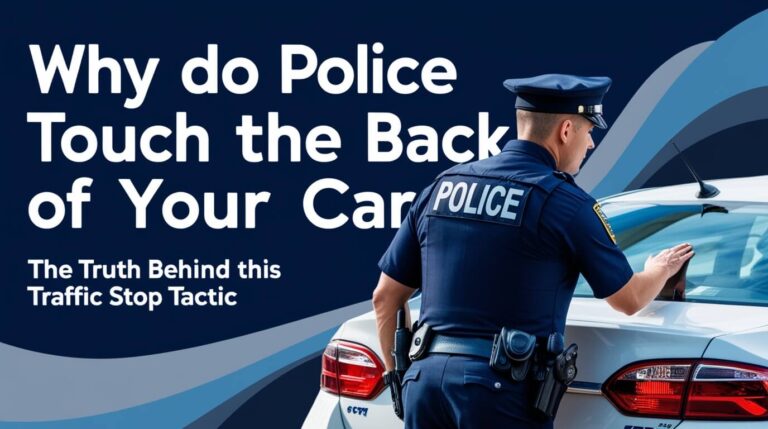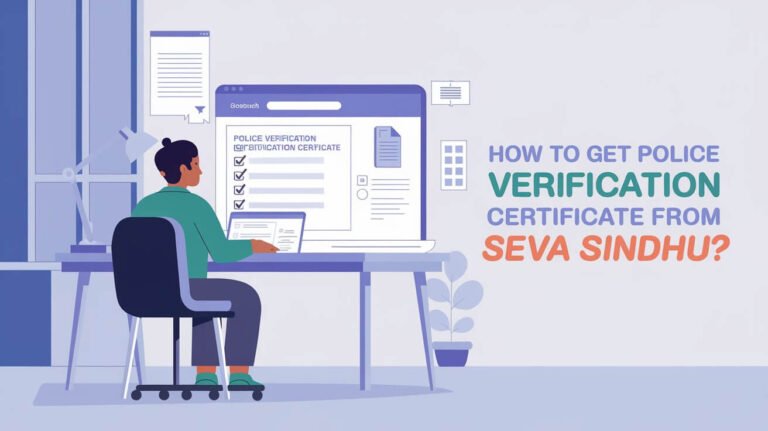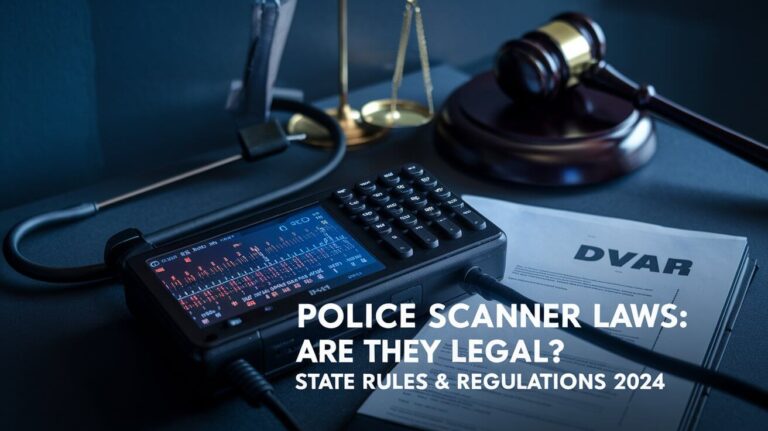What is a Non-Emergency Police Number & When to Use It?

When you need police assistance but it’s not an emergency, you should call the non-emergency police number. This special 10-digit number connects you directly to your local police department for non-life-threatening situations that don’t require an immediate response.
Many people are unaware of their local non-emergency number or mistake it for 911. However, calling 911 for non-emergencies can tie up emergency lines, delaying response times for real crises. That’s why it’s crucial to understand what qualifies as a non-emergency and how to properly use these alternate police lines.
This guide explains non-emergency police numbers – what they are, when to call them, finding your local number, and how to call correctly. It also covers situations where online reporting is better than calling. After reading, you’ll know how to contact police for non-urgent matters without misusing emergency services.
What Situations Warrant Calling the Non-Emergency Police Number?
While definitions can vary by location, non-emergency situations generally do not involve any immediate danger to life, property, or evidence that a crime is actively in progress. Some common examples where you might use the non-emergency line include:
- Reporting a property crime with no suspect present (theft, vandalism, etc.)
- Filing a complaint about noise violations or public nuisances
- Alerting authorities about suspicious activity that is not an immediate threat
- Providing tips or information related to an ongoing investigation
- Asking general questions about laws, procedures, or municipal services
Essentially, if the situation does not require a rushed response from police, fire, or emergency medical services, calling the non-emergency number is appropriate.
Dial 911 right away for crimes in progress, violence, medical emergencies, fires, or any other life-threatening or property-endangering situations. Dispatchers will assess the urgency and dispatch appropriate first responders.
Finding Your Local Non-Emergency Police Department Number
Unlike 911, non-emergency police numbers are not standardized across the country. Each city, county, or municipality manages its own 10-digit line for non-emergency calls.
To find the correct number for your area, the best resource is your local police department’s website, which should prominently display the non-emergency line. You can simply search “[your city] non-emergency police number.”
Some of the most common non-emergency police numbers across major U.S. cities include:
- New York City: (212) 477-9218
- Los Angeles: (877) 275-5273
- Chicago: (312) 746-6000
- Houston: (713) 884-3131
- Philadelphia: (215) 686-8477
- Phoenix: (602) 262-6151
- San Antonio: (210) 207-7273
- Dallas: (214) 744-4444
It’s a good practice to save or store your local non-emergency number in your phone contacts. That way, you always have it readily available instead of scrambling to find it during a non-urgent situation.
The Proper Way to Use Non-Emergency Police Lines
When you do need to call the non-emergency police number, be prepared to provide key details about the situation, including:
- Your name and contact information
- The specific reason for calling
- The location or address related to the incident
- Descriptions of any people, vehicles, or property involved
It’s also helpful to have any relevant documentation on hand, such as case numbers, names, dates, and evidence like photos or video. The dispatcher may ask follow-up questions to properly assess and document the situation.
Remaining calm and patient is important, as non-emergency lines often experience heavier call volumes than 911. While your concern may not be life-threatening, it should still be treated as a priority by the police department.
Non-emergency numbers should be used for lawful purposes related to police services only. Misusing the line, such as prank calls or intentionally tying it up, could result in fines or other penalties in some areas.
Benefits of Non-Emergency Police Numbers
Although non-emergency calls may seem less significant, having a dedicated number and proper protocols provides several key benefits:
- It keeps 911 lines clear for emergencies. Reducing non-critical calls allows dispatchers to triage urgent situations more effectively.
- It ensures non-emergencies get addressed. Rather than dismissing or delaying non-urgent matters, police can properly document, investigate, and take action as needed.
- It connects you with police services without escalation. For situations that don’t require an emergency response, non-emergency lines allow you to interface with local law enforcement directly.
- It creates a formal record of non-emergency incidents. Calling establishes a paper trail and allows police to track patterns or issues in the community.
Overall, non-emergency police numbers provide an important channel for citizens to communicate lower-priority concerns without compromising emergency capacities.
When to Use Online Reporting Tools Instead
Many police departments now offer online reporting tools as an alternative for certain types of non-emergency incidents and inquiries.
Common cases well-suited for online reporting include:
- Minor property crimes with no evidence or suspect information (theft under a certain dollar value, vandalism, etc.)
- Non-injury vehicular accidents or traffic complaints
- Harassing or nuisance calls/behavior
- Lost property claims
- General questions or records requests
Using these online forms can be more convenient than calling and frees up non-emergency phone lines. However, they should only be used for relatively minor, non-critical incidents, as they may not receive an immediate police response.
For emergencies, crimes in progress, potential evidence, or situations requiring investigation, call the non-emergency number or 911 if urgent.
Other Alternatives to Police Non-Emergency Lines
Depending on the situation, there may be other hotlines or municipal service numbers more appropriate than the non-emergency police line, such as:
- 311 (if available) – For general municipal inquiries like downed trees, potholes, trash pickup, etc.
- Animal control hotlines – To report stray, aggressive, or injured animals
- Code enforcement hotlines – For violations related to construction, zoning, housing, etc.
- Utility/public works hotlines – For issues like downed power lines or water main breaks
- Community anti-crime hotlines – To anonymously report suspected criminal activity
Your local government’s website can provide more specific hotline numbers and guidance on which situations warrant which service line.
The Bottom Line on Non-Emergency Police Numbers
In summary, non-emergency police numbers provide a crucial line of communication between law enforcement and the public for non-life-threatening situations. Understanding when to use these 10-digit numbers instead of calling 911 helps ensure emergencies get prioritized while still allowing police to properly address other community concerns.
By programming your local non-emergency number into your contacts and familiarizing yourself with call procedures and alternatives like online reporting tools, you can easily reach out to police for legitimate non-urgent matters without tying up critical emergency resources. This simple step promotes more efficient utilization of public safety services for the benefit of the entire community.






